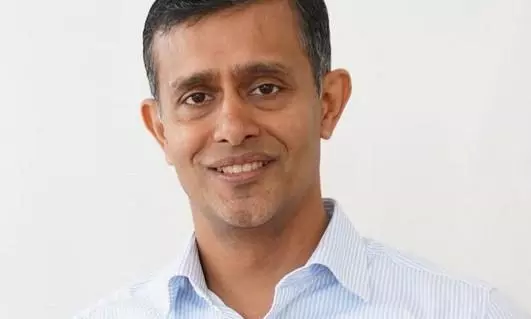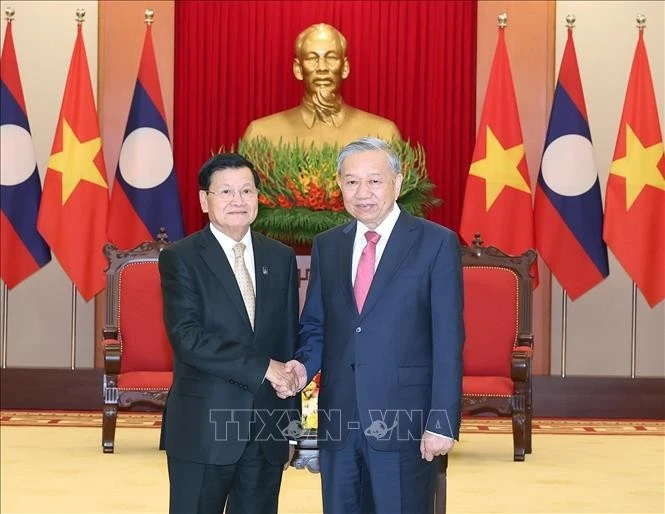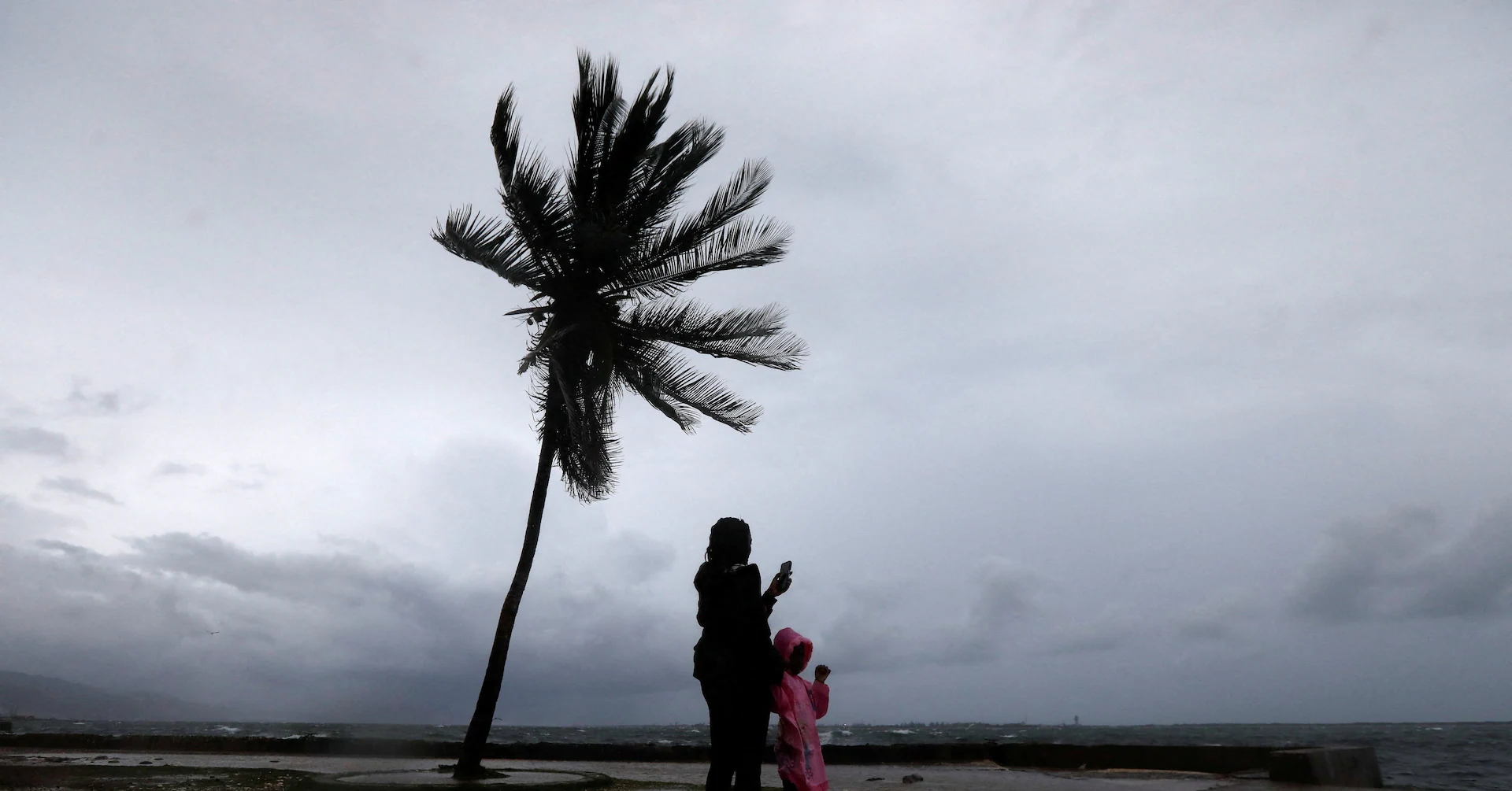Copyright deccanchronicle

Even as Philip Morris International (PMI) expands its global portfolio of smoke-free products, the tobacco major continues to source Burley leaf from India in growing volumes. In an interview with B.Krishna Mohan, Ankur Modi, cluster head – South Asia and Indochina at Philip Morris International (PMI), explains how India fits into the company’s sourcing and sustainability plans.Role India plays in PMI’s global supply chainIndia has been an important sourcing base for us for decades. We work with farmers, particularly in Andhra Pradesh and Karnataka, to procure high-quality Burley tobacco. Over the last few years, our sourcing volumes from India have grown by double digits. India’s combination of agricultural strength, skilled farmers, and processing capability makes it integral to our global supply network.Focus on traceabilityOur focus is on Burley, which suits the requirements of our international markets. We do not buy flue-cured Virginia (FCV) tobacco directly from auctions because we need full traceability from farm to factory. The auction system limits that visibility, and we prioritise compliance and sustainability across our supply chain.Sustainability and fair practices among Indian growersPMI along with its partner in India works with local leaf suppliers who train farmers on efficient water use, soil health, and labour standards. We monitor adherence through third-party assessments. The objective is to make farming both economically viable and environmentally responsible. In India, these programmes have helped improve crop yields and reduce reliance on wood for curing.Heated tobacco products are banned in IndiaGlobally, we’ve invested more than $14 billion in developing smoke-free products such as IQOS, which heat rather than burn tobacco and significantly reduce exposure to harmful chemicals. These smoke-free products are now sold in 100 markets and account for over40% per cent of our net revenues.India, however, has a complete ban on electronic nicotine delivery systems, including heated tobacco. As a company, we respect local regulations. At the same time, we believe adult smokers should have access to scientifically substantiated, less-harmful alternatives. Evidence from countries like Japan and the UK shows that differentiated regulation can accelerate declines in cigarette smoking. We agree that no tobacco or nicotine product is risk-free. The only way to eliminate risk is not to use them. But there is a difference between combustion and heating. Most toxicants in cigarette smoke are produced by burning. Heating tobacco avoids that and reduces the formation of harmful chemicals. Independent reviews and several national authorities have acknowledged this reduced-risk profile.Evolution of regulationsIndia already contributes through leaf exports. If policy were to allow production of reduced-risk products for export, it could open new opportunities similar to Italy, which exports over $1.5 billion worth of heated-tobacco products annually. There is scope to use Indian tobacco leaf in making value-added products for export, including those aligned with reduced-harm technologies. With its scientific base and manufacturing scale, India is well placed to move up that value chain — benefiting farmers and generating higher-value exports.New roles in IndiaOur engagement is primarily in sourcing and sustainability. We continue to invest in farmer capability and responsible supply practices. For the foreseeable future, that will continue. If the policy environment changes, we would explore broader roles, but our immediate focus remains strengthening India’s position as a reliable and sustainable leaf-sourcing country.



